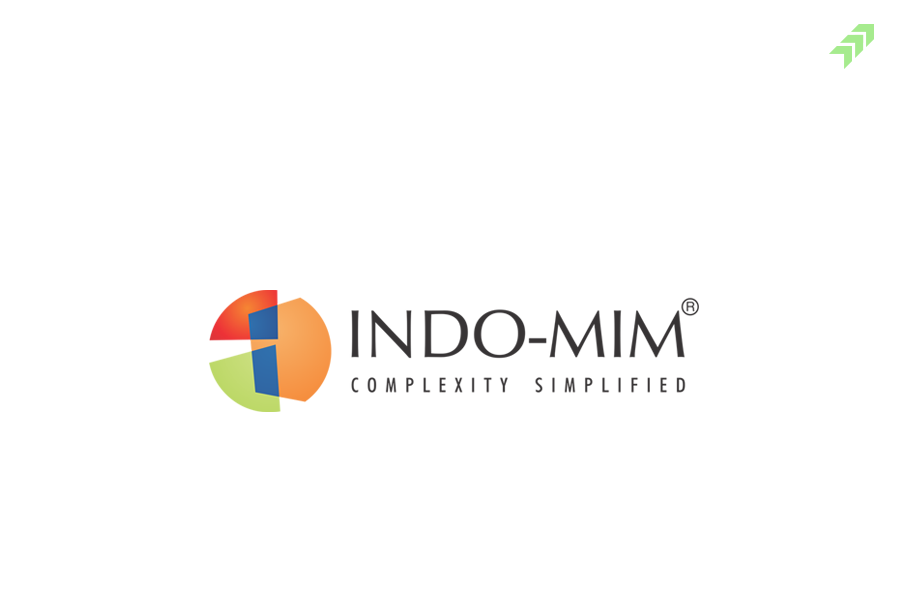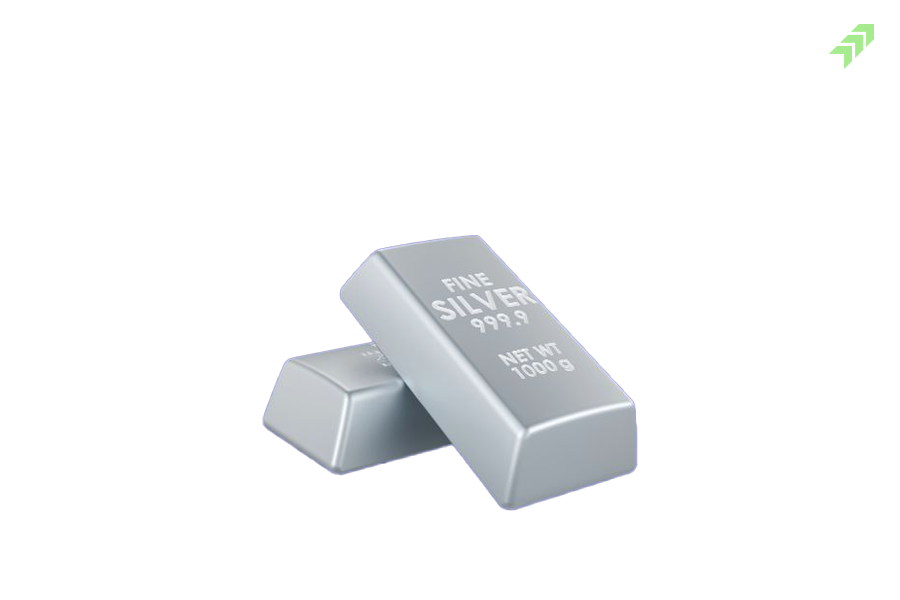An ETF is a stock basket created by pooling small-denomination investments from various investors that track a specific index, sector, or commodity, such as the Sensex or the Nifty. ETFs are similar to mutual funds. Units of Exchange Traded Funds (ETFs) are listed and traded on exchanges in the same way that stocks are, whereas the value of a mutual fund is known at the end of the trading day. ETFs are passively managed funds that are designed to track anything and replicate the returns rather than outperform them.
Types of ETFs available today
Equity ETFs
Equity ETFs are simple investment vehicles that combine the flexibility of stock investing with the simplicity of equity mutual funds. ETFs, like any other stock, trade on the cash market and can be bought and sold at market prices indefinitely. Equity ETFs are index-based passive investment vehicles that invest in securities in the same proportion as the underlying index. The holdings of an ETF are completely transparent due to its index mirroring property. Furthermore, ETFs have much lower expense ratios than mutual funds due to their unique structure and creation mechanism
Bond/Fixed Income ETFs
Debt ETFs are straightforward investment vehicles that allow investors to gain exposure to fixed-income securities. These debt ETFs combine the advantages of debt investments with the flexibility and simplicity of stock investments. These Debt ETFs trade on the Stock Exchange’s cash market, just like any other stock, and can be bought and sold at live market prices. Debt ETFs are index-based passive investment vehicles that invest in securities in the same proportion as the underlying index. The holdings of an ETF are completely transparent due to its index mirroring property. They pay out interest as a monthly dividend, while capital gains are paid out as an annual dividend. Furthermore, ETFs have much lower expense ratios than mutual funds due to their unique structure and creation mechanism
Commodity ETFs
Commodity ETFs invest in physical goods such as agricultural commodities, precious metals, and natural resources. A commodity ETF typically focuses on investments in futures contracts or a single commodity involving physical storage. They use a combination of derivatives positions and physical storage to track the overall performance of a commodity index. Commodity ETFs are frequently used by investors looking to hedge against inflation


















No comment yet, add your voice below!